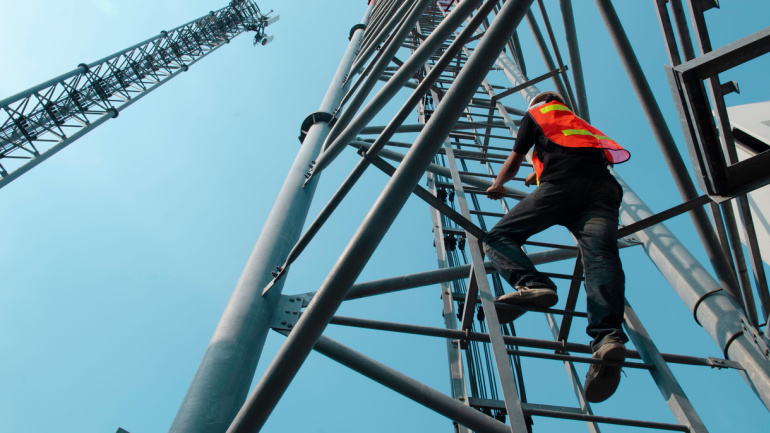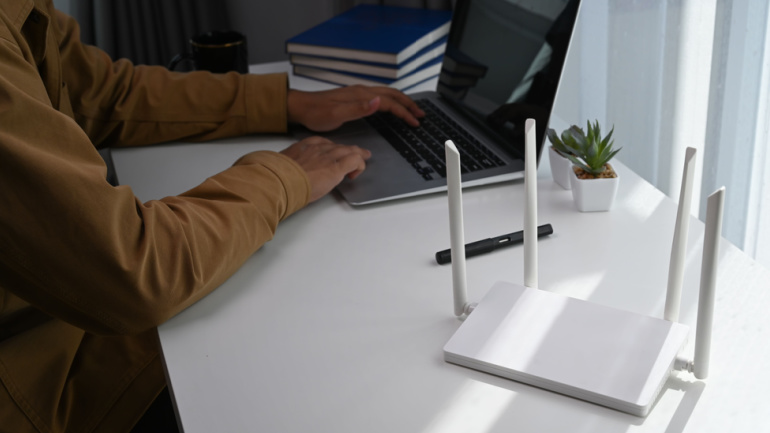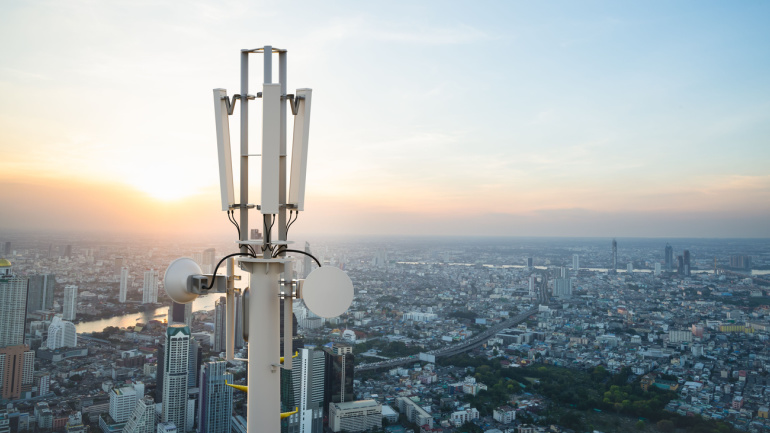As telecom giants Ooredoo, Zain and infrastructure expert TASC Towers embark on exclusive negotiations to form a massive mobile towers firm, the telecommunications landscape beckons a potential shift. Combining assets from Qatar, Kuwait, Algeria, Tunisia, Iraq, and Jordan, they plan on creating an autonomous company with a whopping portfolio of approximately 30,000 towers, directly rivaling industry leaders. Their strategic vision embraces a dual approach: stimulate shareholder value and reduce the MENA region’s carbon footprint.
Taking dynamic major strides in the quantum computing sector, T-Systems, Deutsche Telekom’s IT wing, is partnering with IQM Quantum Computers, offering its customers unique access to the complexities and potential of IQM’s quantum infrastructure. Leveraging the power of quantum mechanics and harnessing the elusive ‘qubits’, this promising collaboration forms a critical intersection of cloud technology and quantum computation, manoeuvring towards transformative problem-solving capabilities.
Unprecedented in telecommunications, the Amitié subsea cable system, an alliance effort of Aqua Comms, Meta, Microsoft, and Vodafone, provides a major boost to international connectivity. This groundbreaking line, stretching an impressive 6,783 km, links Boston directly with Europe, heralding a new era for cross-continental communication. Equipped with unmatched versatility and a notable capacity of 400 Tbps, this project paves the way for a more connected digital future globally.
Allot Ltd. is chosen by a major Asian telecom operator to provide Allot DNS Secure, offering cybersecurity threat protection and parental control features to over 50 million customers. Digital Locations unveils technology to connect smartphones worldwide to high-speed Internet from satellites, promising commercial success. Veeam integrates Veeam Backup for Microsoft 365 with Microsoft’s new 365 Backup. Verizon showcases a point-to-multipoint internet solution using mmWave spectrum, reducing costs and complexities. Bridewell’s research warns of environmental challenges amplifying cybersecurity risks for over 80% of U.S. critical infrastructure organizations.
ITIF urges a reevaluation of U.S. broadband programs in favor of the significant Affordable Connectivity Programme (ACP), aiming to give low-income households internet access. Predictions show funds will be depleted by 2024, necessitating a yearly investment between $5-$6 billion, potentially sourced from outdated programs. Despite appearing feasible, the report warns digital divide issues require more than funding, including digital literacy initiatives. Unveil the evolving connectivity panorama in our upcoming Connected America conference.
In a recently revealed Q2 report, Nokia showed flat sales at €5.7 billion year over year, suggesting reduced capital expenditure by operators. Interestingly, while a 5% sales growth in Nokia’s Mobile Networks unit occurred, a troubling 6% decline at the Network Infrastructure division offset this boost. With stark contrasts across regions, North American sales notably dropped by 42% as 5G deployments slowed, while energetic 5G deployments in India couldn’t adequately balance the losses. Mirroring these figures, Ericsson too reported a 9% year over year decrease in Q2 revenue. A gloomy yet realistic outlook from Nokia’s CEO Pekka Lundmark, coupled with analyst firm Dell’Oro’s forecast on the shrinking RAN predictions, suggests telecommunications could be in for a turbulent few years.
As the summer season begins in the northern hemisphere, severe heatwaves have already engulfed multiple regions worldwide, posing challenges to data center operators who grapple with internal heat generation. The experts at Vertiv, a global provider of critical digital infrastructure solutions, have released updated guidance to tackle the rising threats associated with extreme heat. Climate change, coupled with the El Niño weather pattern, has resulted in the past eight years becoming the hottest on record. This year, forecasts anticipate 2023 to witness record-
Samsung’s Unpacked event next week is set to introduce two highly anticipated foldable phones, the Galaxy Z Fold 5 and Z Flip 5. These devices are expected to offer exceptional entertainment experiences, innovative camera features, but also potentially hefty price tags and the persisting issue of fragility that has been a concern for foldable phones since their inception.
The UK’s newly established business council brings together heads of fourteen industry behemoths like AstraZeneca, NatWest Group, and Vodafone, offering insights to the Prime Minister on critical economic matters. It’s interesting that Google DeepMind is the only exception to the FTSE 100 list; also significant is the vocal Vodafone inclusion, led by CEO Margherita Della Valle, along with the impending departure of BT’s CEO Philip Jansen amidst a period of shrinkage. The absence of SME representation on the council has fueled criticism, underscoring the complexity and potential bias in shaping Britain’s economic future.
Spain’s government is pumping €448 million into the upgrade of over 8,000 isolated 5G base stations, an initiative set to stimulate economic and civil activity while bridging the digital divide. Interestingly, the bulk of the funds are being allocated to lesser-known entities, including wholesale and retail fibre providers Lyntia and Avatel. The rollout is part of Spain’s broader mission of delivering ultrafast broadband coverage by 2025, concurrently ramping up public access to high-speed connections. Furthermore, a €10 million fund invites proposals for innovative 5G projects in sectors such as agriculture and connected vehicles.













